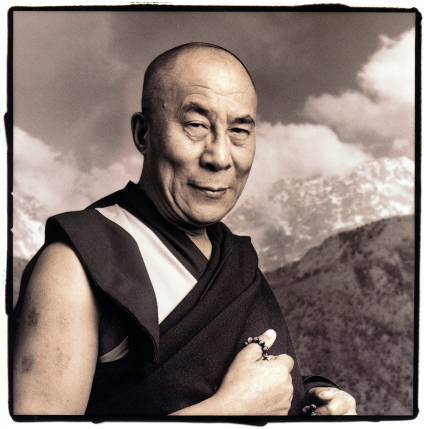
For the first time for general readers, the Dalai Lama presents a comprehensive overview of the most important teaching of Buddhism. Perhaps the main difference between Buddhism and other religions is its understanding of our core identity. The existence of the soul or self, which is central in different ways to Hinduism, Judaism, Christianity, and Islam, is actually denied in Buddhism. Even further, belief in a “self” is seen as the main source of our difficulties in life. Yet a true understanding of this teaching does not lead one to a despairing, cynical worldview with a sense that life has no meaning—Far from it, a genuine understanding leads to authentic happiness for an individual and the greatest source of compassion for others. In 2003 and in 2007, the Dalai Lama was invited to New York to give a series of talks on the essential Buddhist view of selflessness. This new book, the result of those talks, is now offered to help broaden awareness of this essential doctrine and its usefulness in living a more meaningful and happy life. While the Dalai Lama offers a full presentation of his teachings on these key philosophical points for contemplation, he also shows readers how to bring these teachings actively into their own lives with recommendations for a personal practice. It is only by actually living these teachings that we allow them to bring about a genuine transformation in our perception of ourselves and our lives A Profound Mind offers important wisdom for those committed to bringing about change in the world through developing their own spiritual capabilities, whether they are Buddhists or not.
Author

Jetsun Jamphel Ngawang Lobsang Yeshe Tenzin Gyatso (born Lhamo Döndrub), the 14th Dalai Lama, is a practicing member of the Gelug School of Tibetan Buddhism and is influential as a Nobel Peace Prize laureate, the world's most famous Buddhist monk, and the leader of the exiled Tibetan government in India. Tenzin Gyatso was the fifth of sixteen children born to a farming family. He was proclaimed the tulku (an Enlightened lama who has consciously decided to take rebirth) of the 13th Dalai Lama at the age of two. On 17 November 1950, at the age of 15, he was enthroned as Tibet's ruler. Thus he became Tibet's most important political ruler just one month after the People's Republic of China's invasion of Tibet on 7 October 1950. In 1954, he went to Beijing to attempt peace talks with Mao Zedong and other leaders of the PRC. These talks ultimately failed. After a failed uprising and the collapse of the Tibetan resistance movement in 1959, the Dalai Lama left for India, where he was active in establishing the Central Tibetan Administration (the Tibetan Government in Exile) and in seeking to preserve Tibetan culture and education among the thousands of refugees who accompanied him. Tenzin Gyatso is a charismatic figure and noted public speaker. This Dalai Lama is the first to travel to the West. There, he has helped to spread Buddhism and to promote the concepts of universal responsibility, secular ethics, and religious harmony. He was awarded the Nobel Peace Prize in 1989, honorary Canadian citizenship in 2006, and the United States Congressional Gold Medal on 17 October 2007.